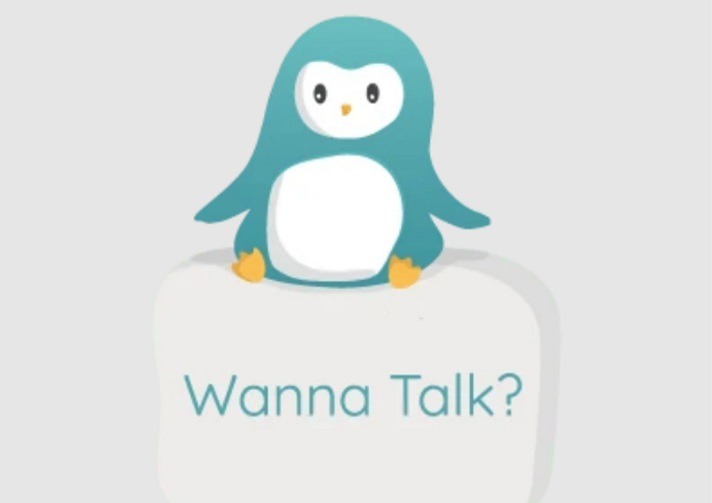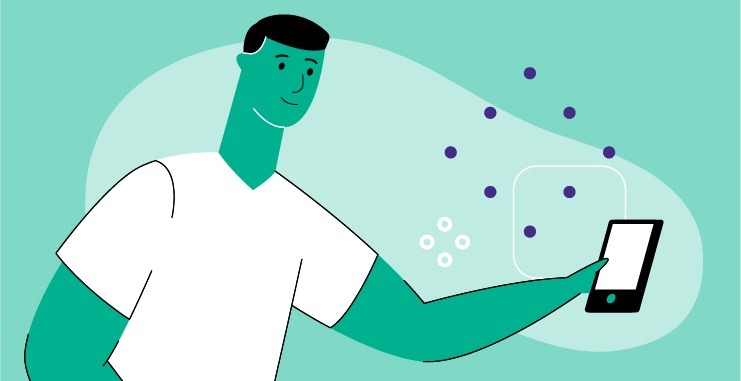Posts Tagged ‘depression’
AI-enabled chatbot Wysa receives FDA Breakthrough Device designation for patients with chronic pain, depression and anxiety
AI Behavior Health Chatbot App Fast-Tracked by FDA (Psychology Today): Recently the U.S. Food and Drug Administration (FDA) granted breakthrough device designation to Wysa’s AI-based digital mental health conversational agent that delivers cognitive behavioral therapy (CBT) via a smartphone to adults suffering from depression, anxiety, and chronic musculoskeletal pain
Read MoreHow ’sleeping on it’ can help the prefrontal cortex regulate emotional responses, making us feel better in the morning
Instead of lying awake worrying, we’re often told to “sleep on it” when making decisions both big and small. And there’s actually a scientific basis for this advice. Sleep can influence our response to emotional situations, and helps us to manage our mental health. To understand why sleep and emotions are so connected, it’s important…
Read MoreMapping ‘psychedelic trips’ in the brain to better direct their therapeutic effects
For the past several decades, psychedelics have been widely stigmatized as dangerous illegal drugs. But a recent surge of academic research into their use to treat psychiatric conditions is spurring a recent shift in public opinion. Psychedelics are psychotropic drugs: substances that affect your mental state. Other types of psychotropics include antidepressants and anti-anxiety medications.…
Read MoreSeparating brain-healthy wheat from chaff is becoming more urgent by the day
A) New video game company aims to develop therapeutic games (The Verge): Video game-based tools can help with conditions like depression and ADHD, research shows. DeepWell Digital Therapeutics plans to build on those studies. “There was an amazing amount of science that had already been done,” Douglas says. “We started to recognize exactly how therapeutic these games already were.”
Read MoreNew DARPA initiative aims to harness cognitive science, sensors and machine learning to detect early brain signs of depression, anxiety, and suicidal ideation
New Cognitive Science Tool to Shed Light on Mental Health (DARPA press release): Since Sept. 11, 2001, more than 30,000 active duty members and veterans have taken their own lives – four times as many as those killed in post-911 military operations. Current methods to detect early signs of behavioral and mental health risk factors…
Read MoreComputer-assisted cognitive behavior therapy (CCBT) may outperform Treatment as Usual (TAU) in helping patients reduce depression, improve 6‑month remission rates
Study: Computer-assisted cognitive behavioral therapy (CCBT) improved depression for primary care patients (MobiHealth News): Researchers found patients who used CCBT in addition to regular treatment led to “significantly greater improvement” on the Patient Health Questionnaire–9, used to screen for and measure depressive symptoms. Those results also held up over time. “Results of this study show that…
Read More





